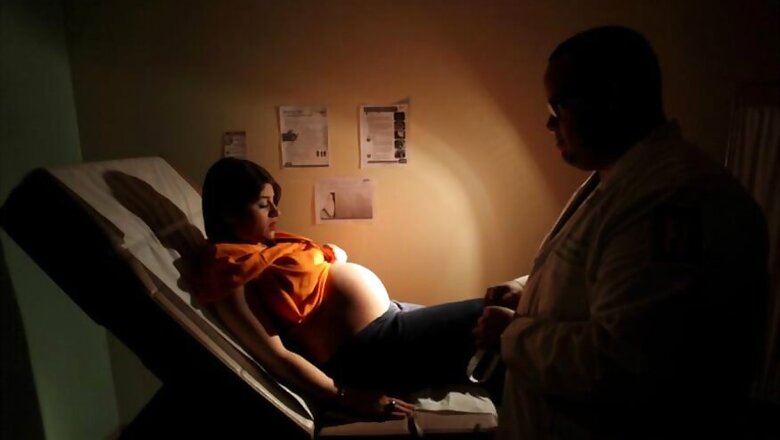
views
A monsoon disease, Zika, is a mosquito-borne virus that is usually spread to people through the bite of an infected mosquito. However, the Zika infection can also pass from a pregnant mother to her foetus, causing some serious birth defects. These birth defects include microcephaly and other severe foetal brain defects. However, a study conducted by the researchers of Rockefeller University has unveiled why Zika infection in only some pregnant women results in babies born with birth defects. Published in the Journal of Experimental Medicine, the study talks about how the risk of microcephaly is linked to maternal antibodies.
While pregnant mothers should avoid getting Zika virus, a lot of them ends up giving up births while being infected with Zika virus, especially during the monsoon. However, only about five percent of infants delivered by women with Zika are born with microcephaly. The researchers in the study have studied about what causes the process to be different for different mothers.
To understand the study, one must know what microcephaly is. A defect among the newborns, microcephaly is a condition in which a baby's head is significantly smaller than expected, often due to abnormal brain development. The epidemiological and some viral isolation have suggested that pregnant women who get Zika virus have a high chance of foetal infection that may lead to microcephaly, leading to immature formation of brain.
In their study, the researchers examined the serum antibody response to Zika Virus and other flaviviruses in Brazilian women giving birth during the 2015–2016 outbreak. The study of Zika virus infected pregnant mothers revealed that the fetal brain damage was more frequent in mothers with higher enhancement titers. Thus concluding, the features of the maternal antibodies are associated with and may contribute to the genesis of Zika Virus-associated microcephaly.
Earlier, it was suggested by scientists that Zika-induced birth defects may be linked to mothers’ experiences with some other mosquito-borne viruses, including the dengue and West Nile virus. This further came to a conclusion that if a pregnant mother has contracted and survived a first infection with dengue, she will later become infected with Zika during pregnancy.
However, the present research has proved that there is no evidence for a co-relation between birth defects and history of related viruses. Thus, it is the antibodies in a pregnant mother which determines if a newborn will have microcephaly or not.


















Comments
0 comment